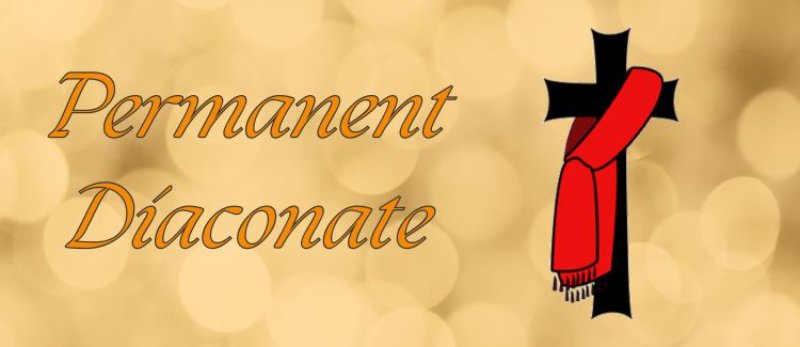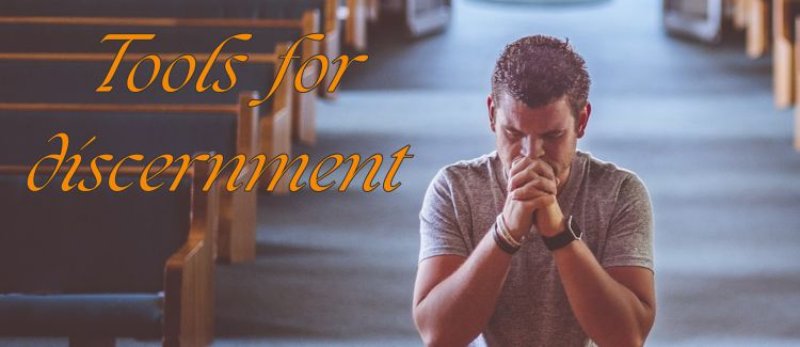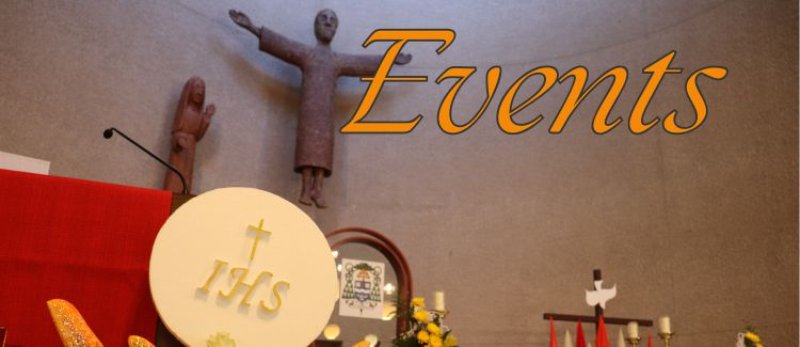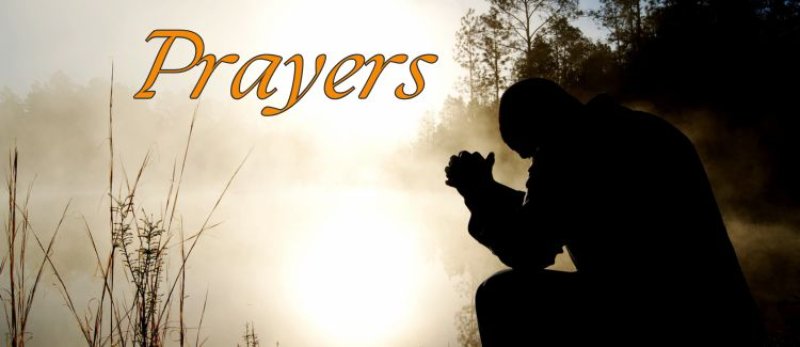Vocations - The Priesthood
Is God Calling You to the Priesthood?
We are a priestly people...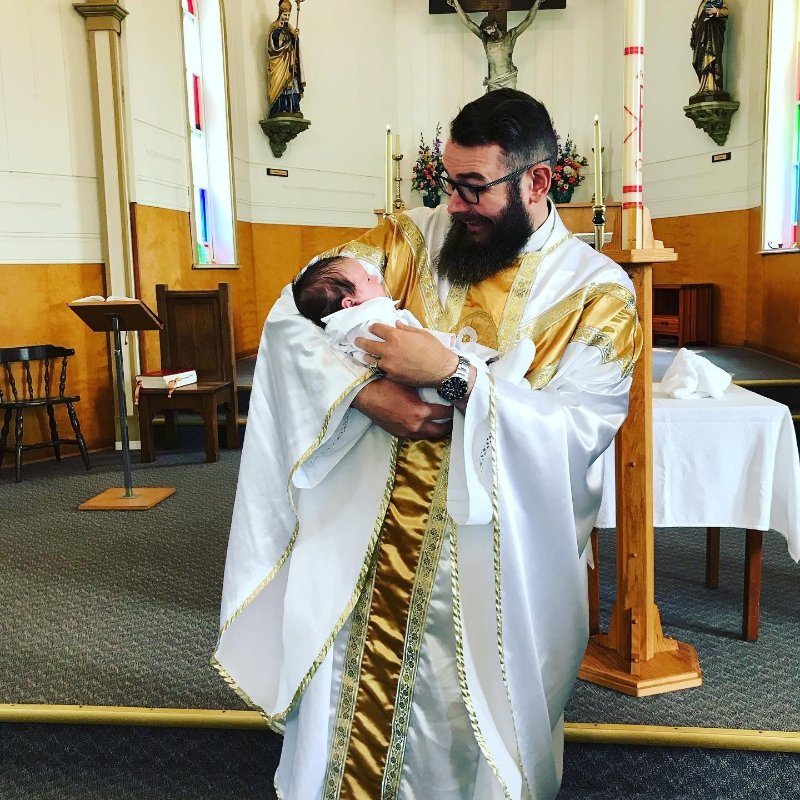
Jesus Christ, our high priest and unique mediator, has made the entire Church “a kingdom of priests for his God and Father” (Rev 1:6).
Through baptism in Christ, all Catholics participate in Christ’s mission as priest, prophet and king. We have a baptismal priesthood. All of us, living a life of faith, hope and charity, are “consecrated to be… a holy priesthood.” (Rev 5:9-10)
This means every baptized Christian participates in the praise of God the Father by joining the offering of our lives to the perfect sacrificial offering of Jesus Christ upon the Cross. In this manner, we are all priests, yet there is a clear distinction between our baptismal priesthood and the ministerial priesthood.
Ministerial Priesthood
Everything a priest does in his ministry flows from what he becomes at his ordination: presiding at Mass, absolving sinners, anointing the sick, proclaiming and explaining the Gospel, giving blessings, and his whole pastoral leadership of building up a local community of faith who live out their baptismal priesthood.
The priest does what he does because of what he is: a priest, a shepherd, a servant in the name and manner of Jesus Christ the High Priest, the Good Shepherd, the Servant of all people.
What is a priest, then?
A ministerial priest is a man with a baptismal priesthood, who, through reception of the Sacrament of Orders, exercises a ministerial priesthood, to serve the baptized as a sign and instrument (sacrament) by which Christ builds up and leads his Church. Priests can be diocesan, or religious.
What is a diocesan priest?
A diocesan priest is a living extension of the ministry of the diocesan bishop. He is usually assigned to a parish in the diocese and spends his time ministering to the people of his parish through sacramental and pastoral ministry. He presides at Mass, hears confession and offers the sacrament of the Sick. He also baptizes and presides at Catholic weddings. He also proclaims and opens the Scriptures, all the while building up the body of Christ in a particular community.
What is a religious priest?
A religious priest is associated with a religious community [link to new Religious Life page] instead of a diocese. He makes vows to that community and its superior. He may be assigned to work in a parish in a diocese if his community makes an agreement with that diocesan bishop, though his vows tie him to his community first.
Why should I consider being a priest?
 Accepting a vocation as a priest isn’t the same as making a career choice like pharmacist, teacher, or carpenter. God calls certain men to the priesthood, but not all men. Prudent discernment of this calling is essential.
Accepting a vocation as a priest isn’t the same as making a career choice like pharmacist, teacher, or carpenter. God calls certain men to the priesthood, but not all men. Prudent discernment of this calling is essential.
The ministerial priesthood is a wonderful life of dedication and service to the people of God, focused on the liturgical celebration of the sacraments. You live a simple life, and the joys you experience are beyond measure. As a priest you are with people during some of the most significant moments
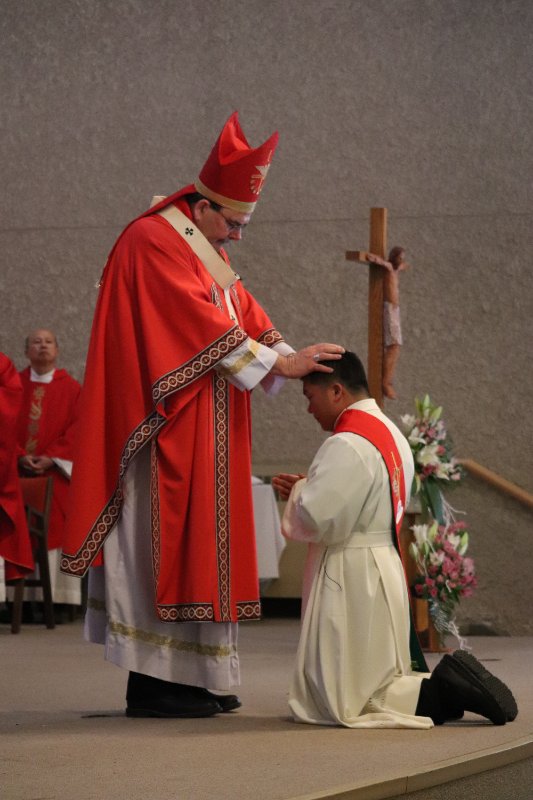
of their lives. You are there to baptize their children and give them first
Holy Communion. You are a minister of God's mercy and forgiveness in the
sacrament of Reconciliation. You are privileged to walk with young couples as they prepare for and celebrate the sacrament of Matrimony. You witness God's healing presence in the sacrament of the Anointing of the Sick. You have the opportunity to be with families who have lost a loved one, and you celebrate the funeral Liturgy with and for them. These are wonderful sacramental moments when you can be present during the joyful and sorrowful moments in peoples' lives.
What qualifications are needed to become a priest?
To become a priest, one must have a sincere and genuine openness, interest, and desire to serve Christ and the Church, and must discern the calling in union with the diocesan bishop or superior of the religious community. The applicant must be an unmarried practicing Roman Catholic male at least 18 years of age.
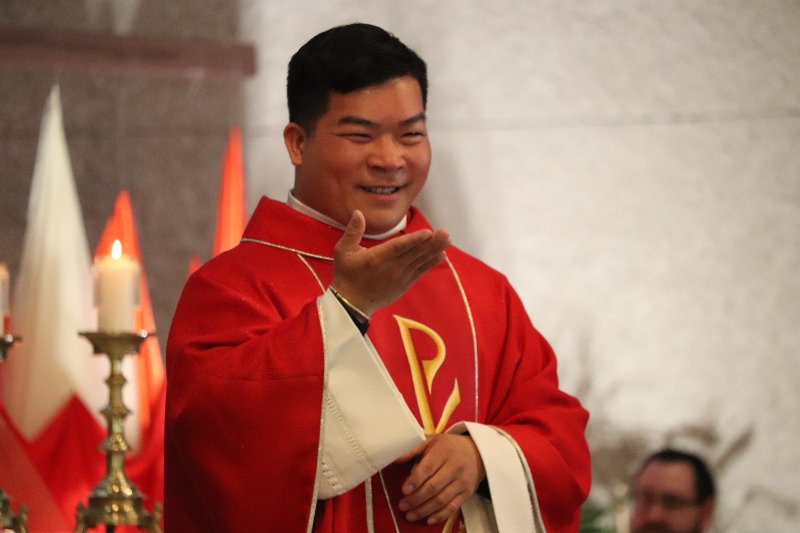
If you are discerning this vocational call, we encourage you to:
Refer to our Tools for Discernment - click here
Schedule a visit with our office of Promotion of Vocations to the Priesthood to discuss it further. Contact Fr. Brian Trueman - Pastor of St. Timothy's Parish - Telephone: 204-949-3769 or Email: fr.briantrueman@gmail.com
Or contact Fr. Serge Buissé - Pastor of St. Joachim Parish - Telephone: 204-424-5332 or Email: pasteur@pstjoachim.ca



